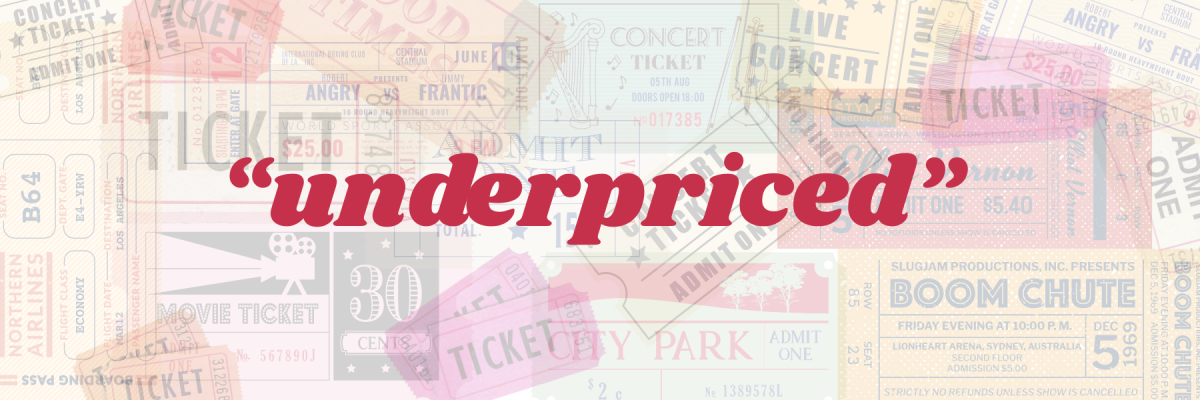By Victoria Greenleaf
Former child star Amanda Bynes, 28, was arrested last Saturday, Sept. 28th, for driving under the influence, Fox News reported. This is the star’s second DUI arrest, but I don’t believe she is all to blame for her recent behavior, and that many members of the public also realize that most child stars go through a meltdown at least once during their adulthood.

Last year, we watched the starlet, known for her roles in The Amanda Show, Hairspray, She’s the Man, and Easy A completely descend into madness. Once a bright young actress, she now reportedly talks to herself and hallucinates, misuses drugs and alcohol, and has had several run-ins with the law, as chronicled in The Observer. But, like most people know, this isn’t the only former child star to mentally unhinge.
Who can forget about Macaulay Culkin (Home Alone), Jodie Sweetin (Full House), Judy Garland (The Wizard of Oz), or America’s darling, Lindsay Lohan (need I say more)? Each of these former child stars and countless others have had run-ins with the law, substance abuse problems, or a very public meltdown. The question is — what makes it so hard for child stars to adjust smoothly to adulthood?
Clearly, this isn’t the case for all former child-stars. Natalie Portman began modeling at age 10 and made her feature-film debut at 12 in The Professional. She went on to star in huge movies like Thor and The Black Swan. Shirley Temple, arguably one of the most famous child stars to ever come out of Hollywood, went on to lead a basically average adult life, and Neil Patrick Harris is a well-known and highly successful actor and comedian in his adult career.
There must be factors coming into play in the child’s home life or even professionally that lead some down a more difficult path. Stress is an obvious reason for mental degradation, and most child stars also sacrifice their childhood for their careers. Many also publicly blame their parents for their undoing, such as Lohan and late musician Michael Jackson.
We, as members of the public, will never know what really went on in the households of these doomed stars, and there are two sides to every story. But it’s safe to say the entertainment industry takes its toll on child stars, and it is wrong to place blame and judge them harshly when and if they do have a mental breakdown.
To be successful, career managers and talent agents run their clients into the ground. Ballet dancers practice until their feet bleed just to be noticed, bands tour around for meager amounts of money just for a record deal, and models practically starve themselves to be chosen in shoots. If the world of the rich, famous, and beautiful treats their adult talent in such a way, what makes us think they would be any easier on children? And with parents who willingly thrust a child — who would probably rather be playing with dolls or Legos — into a world of chaos, with cameras, reporters, and eyes constantly focused on their every move, is it a surprise that so many can’t handle it?
Maybe the secret to the success of some child stars is a stable and loving home life. But, like in the real-world, not everyone can be so lucky. Many child stars have their eyes forced open and see that they aren’t on the sitcom anymore. Then they have no choice but to come face-to-face with the cold, unrelenting eyes of the judging public.
Would you blame them for breaking under the pressure? I don’t.






